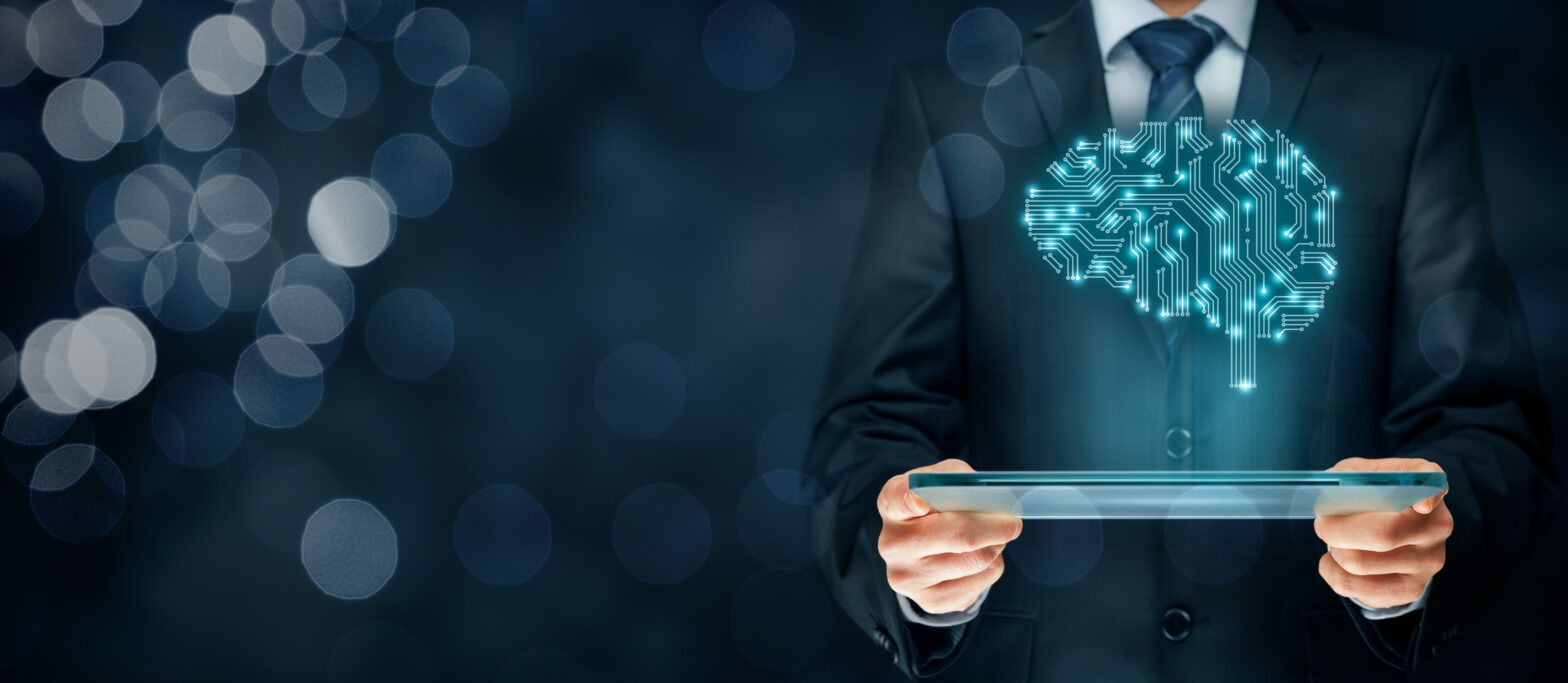Robotics and automation have undoubtedly shaped vast advancements over the past few decades. Artificial intelligence (AI) is the next big frontier and, although it’s too soon to predict its full potential, it is already transforming the way we work. Despite job loss fears, the reality is a different story.
Automation does not have to mean job losses. Some studies have shown that these new technologies can significantly improve current working practices. As highlighted in the McKinsey Global Institute’s latest report, while the growth and development of AI technologies will disrupt traditional employment practices and shift some roles – it will also create unprecedented new job opportunities.
In fact, technology can take over employees’ routine tasks, empowering them to develop and deploy problem-solving, adaptability, and creativity skills. When utilised strategically, cognitive technologies, machine learning and advanced algorithms can create a better employee experience and candidate journey. It’s time for all organisations to prepare to truly capitalise on the opportunities on offer in this new, smarter HR era.
Smarter recruitment
Using machines to drive human-centred solutions might seem counter-intuitive, but AI has the potential to advance current HR practices. That includes improving the recruitment and on-boarding experience, and optimising talent detection.
Finding the right talent is of great importance to the success of every business, and hiring the wrong person can be an expensive misstep. AI technology can be used to analyse and sort titles, descriptions, skills and preferences – helping source better candidates and reach a wider, more targeted audience. What is more, it can help remove unconscious – or conscious – human bias from the process, as machines don’t indulge in stereotypes. This will ultimately help identify hidden diamonds, who have unique talents and abilities to make improvements across your business. This is due to the ability to unlock detailed insight into candidates’ strengths and weaknesses.
>See also: HR can lead AI innovation and help save billions
From screening potential candidates to contacting them, automation can help optimise recruitment processes and eliminate poor practices such as ‘ghosting’. In addition, chatbots can be used as virtual assistants to help streamline the on-boarding process, through answering simple queries and ensuring a smooth transition for new hires. All this will improve the overall candidate experience by keeping them updated throughout the process.
Better employee experience
Another area where AI can really leave its mark is improving processes for current employees and bridging expectations.
Intelligent technologies for instance, can be used in succession planning to identify high performers and workers with the potential to rise in an organisation. The technology can utilise previously untapped sets of data points to analyse career paths and qualifications of high performers within the organisation and identify qualified candidates with similar skill sets, metrics or career progressions. This process can serve both HR and business leaders well, guiding them to make informed decisions and on smart talent development, and ensuring experienced and capable employees are prepared when new roles become available.
Intelligent communication technologies such as chatbots can be used to take minor queries out of the hands of HR professionals, providing existing employees with answers to common or easy-to-answer questions via instant messaging, automated emails or HR software dashboards.
>See also: Is HR technology the key to making better managers?
In addition automated coaching for employees can be set to identify gaps in expertise, based on data analytics, and provide training targeted to specific roles. This can ensure employees are offered appropriate coaching experiences, which is based on their expertise and aligned with the predetermined succession or development programme.
Remaining human-centred
While only time will show the full potential of AI, it’s important to remember that technologies must be created with a human at its centre. Technology isn’t a threat, but instead an enabler. If used in the right way, AI can simply enable HR to make informed, and data-driven decisions. AI can provide HR leaders with the tools to draw accurate conclusions and develop a more effective, insightful strategy. It allows them to take on a more strategic role within the wider business through providing new metrics and data analytics to support innovative workplace theories and practices.
Intelligent technologies can remove bureaucracy from the HR role, but cannot replace human emotional intelligence, understanding and judgement. Businesses should never use AI to entirely replace people in the decision making process. It should instead complement HR processes by removing latent inefficiencies and providing support at times when there isn’t a clear-cut answer.
HR professionals’ role, and the soft skills that come with it, will always be crucial for motivating and empowering employees. Ultimately, AI can support the way HR processes work, but will only have a positive impact if used to empower and humanise the specialism. This means reaping the benefits of innovation, while focusing on personalising and enhancing the employee experience. Crucially, it is about combining human judgement, intuition, imagination and strategy to the data analytics and predictive abilities of a machine.
There is no doubt that modern HR stands on the threshold of a new frontier – one that can transform the industry for good. Identifying the right opportunities will require HR to lend a guiding hand to ensure innovative practices are designed and implemented with a human at its centre.
Sourced by Dean Forbes, CEO of CoreHR










